A previous post discussed the dangers of
DIY estate planning. A recent court case** involving a power of attorney demonstrates the problem with using online estate planning forms instead of hiring an attorney who can make sure your documents are tailored to your needs.
Mercedes Goosley owned a home in Pennsylvania. In 2013, she named one of her six children, Joseph, as her attorney-in-fact under a power of attorney using a boilerplate form that Joseph downloaded from the internet. Unbeknownst to Mercedes and Joseph, the online power of attorney form required Mercedes to be declared incompetent for Joseph to act on her behalf.
Powers of attorney can be immediately effective or “springing.” An immediately effective power of attorney allows the designated attorney-in-fact to begin to exercise his or her power upon the principal’s signing of the power of attorney. Conversely, a "springing" power of attorney only takes effect upon the the occurrence of a triggering event designated within the power of attorney; typically the triggering event is when the principal becomes incapacitated. The problem is that springing powers of attorney create a hurdle in order for the attorney-in-fact to use the document and can lead to delays when there may be a need for immediate action. For example, if a power of attorney requires a principal to be incapacitated in order to take effect, when presented with that springing power of attorney, a financial institution will require proof that the incapacity has occurred, often in the form of a letter from a doctor.
In the immediate case, Joseph began acting for Mercedes without getting a declaration of her incompetency. After she moved into a nursing home, Joseph listed her home for sale and accepted a purchase offer as attorney-in-fact for his mother under the power of attorney. At the time, Joseph’s brother, William, was living in the home, and Joseph instructed William to move out. This resulted in a dispute that ended up in court, with William arguing that Joseph did not have authority to act as his mother’s attorney-in-fact. A Pennsylvania appeals court eventually determined that Mercedes had intended to execute an immediately effective power of attorney as evidenced by the fact that Joseph had held himself out as Mercedes’ attorney-in-fact since 2013 and routinely conducted affairs on her behalf without Mercedes restricting or objecting to his agency.
While the court ultimately ruled in Joseph’s favor, Joseph and Mercedes could have saved time and money by consulting with an attorney before signing the power of attorney. In addition, there is no guarantee that another court would have come to the same conclusion. An attorney would have been able to explain the difference between an immediate effective and springing power of attorney and tailor the power of attorney to Mercedes’ needs.


